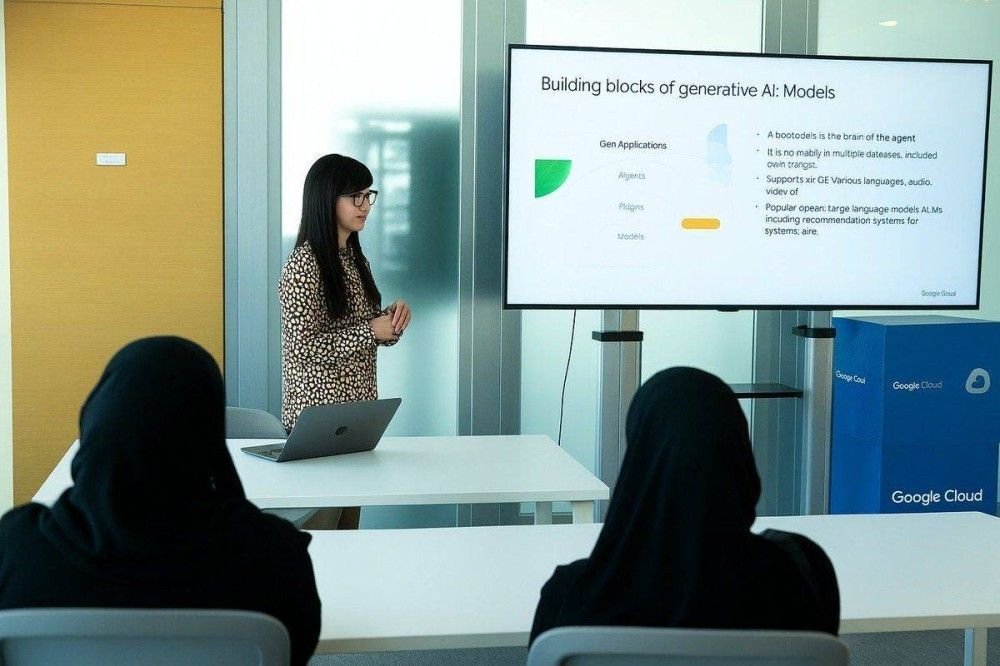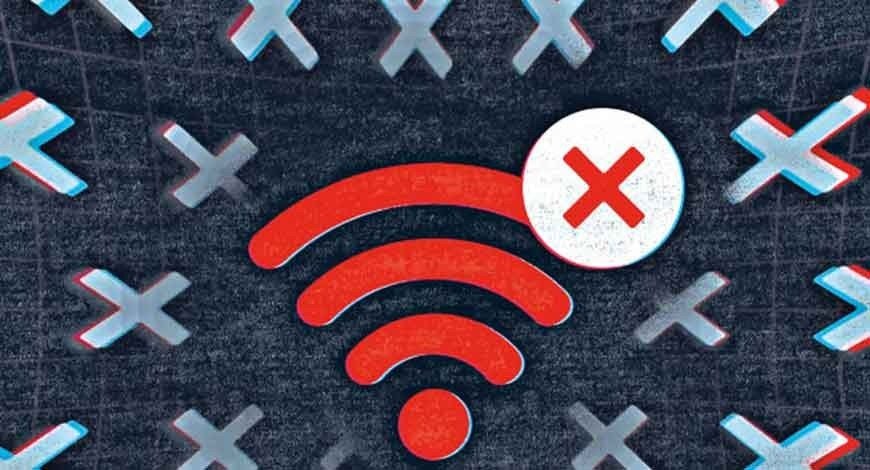Regulators in Kenya and Nigeria are stepping up efforts to balance the convenience of digital lending with the need to protect consumers from predatory practices, data abuse, and aggressive debt recovery.
In Kenya, the Central Bank of Kenya (CBK) announced the licensing of 27 additional digital credit providers (DCPs) last week, bringing the total to 153 out of more than 700 applicants since March 2022. Licensed DCPs had already disbursed 5.5 million loans worth Ksh.76.8 billion (US$594 million) by June 2025, through platforms such as USSD codes and mobile apps. Loan products ranged from education and personal loans to asset financing and business credit.
CBK regulations, enacted in 2022, aim to curb predatory lending by enforcing stricter corporate governance, transparent terms, data protection, and ethical collection practices. According to the CBK, engagements with DCPs focus on business models, consumer protection, and the integrity of management and shareholders to ensure customers’ interests are safeguarded.
Nigeria has moved even further with the Digital, Electronic, Online, or Non-Traditional Consumer Lending Regulations (DEON Regulations) 2025. The framework covers all unsecured digital lending across mobile, online, and non-traditional platforms, enforcing responsible lending, ethical recovery, fair interest rates, and stronger privacy protections.
Under DEON, all digital lenders, including mobile money operators and digital money lenders, must register with the Federal Competition and Consumer Protection Commission (FCCPC) within 90 days. Failure to comply may result in fines and director disqualification. The regulations also prohibit pre-authorised lending, unethical marketing, monopolistic behavior, and mandate joint registration for lender partnerships. Additionally, at least one locally owned provider is now required for airtime and data lending services.
Together, Kenya and Nigeria are setting important precedents in Africa, aiming to secure the benefits of digital credit while safeguarding consumers against exploitative practices.















